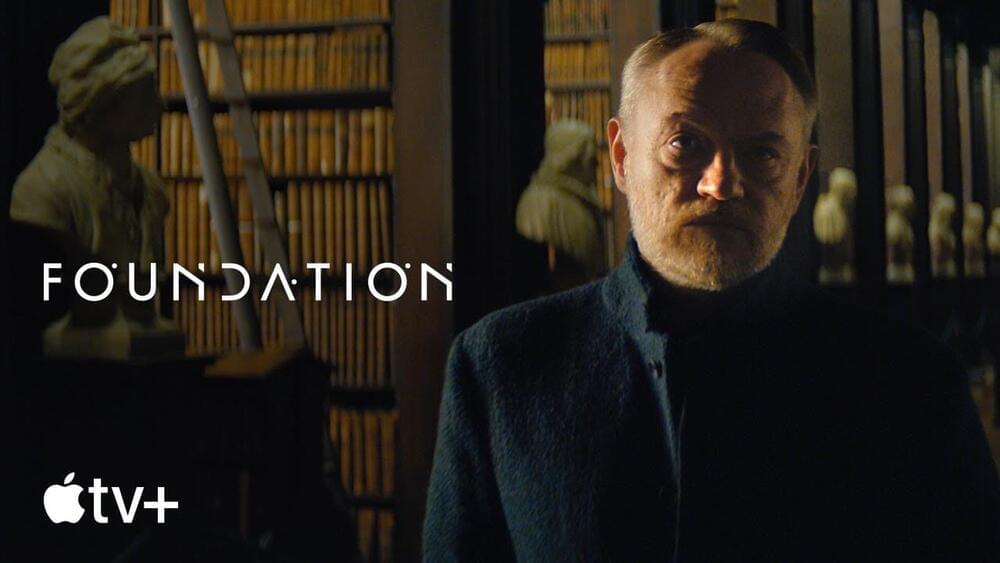Isaac Asimov won the Hugo award for Best All-Time Series for his Foundation books, which follow a future human civilization through an apparently inevitable upheaval. The story begins amid a vast galactic empire in decline. Hari Seldon, a mathematician, develops the practice of psychohistory, a method of predicting future events using statistics.
Seldon predicts the fall of the galactic empire lasting 300,000 years. By his calculations, there’s no preventing the oncoming storm, but they can shift its trajectory. With a few small changes, humanity can reduce the period of recovery to just 1,000 years. Seldon is confident enough in his predictions that he convinces the authorities to let him create two gatherings of minds. Collections of scientists who will preserve humanity’s collected knowledge and lift future generations out of the looming dark age, known as the Foundations.
These stories have enjoyed enduring popularity among sci-fi readers, enough that they were recently adapted for television by Apple TV+, but the question remains: Can statistics really predict future events?
